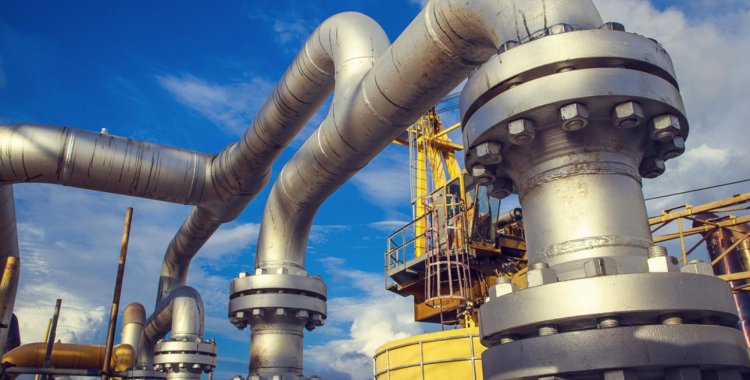"Angola plans to reduce crude exports to 1.05 million barrels per day in May, according to the preliminary cargo manifest", reports the financial information agency.
In the article, Bloomberg safeguards that "if volumes were not revised upwards in the final manifesto, which will happen later in the month, May exports will be the lowest since the beginning of 2008".
Preliminary exports forecast for May show a fall to 1.05 million barrels per day, totaling 32.65 million barrels, which compares with the average of 1.22 million barrels per day forecast for export in April, or that is, 36.6 million barrels.
The decline in oil production since 2015, when it became the largest producer in sub-Saharan Africa, for now, where it pumps little more than Libya, shows the devastating effect of the reduction in investment made by the oil industry, adds in another article in Bloomberg who analyzes the importance of oil for Angola.
Production has fallen by more than a third since 2015, when international oil companies began to cut investment to offset falling prices, and despite government efforts to stimulate activity, only a few wells are operating in the deep waters of the Atlantic, those with the greatest resources.
The situation may become even worse with the additional cut in expenses that the major oil companies are planning, which raises the possibility that Nigeria, the largest producer in the region and an important member of the Organization of the Petroleum Exporting Countries (OPEC), will follow the same path, with serious implications for the region's economic stability.
"West Africa is in a difficult fight to compete" for scarce investment, said Wood Mackenzie's principal analyst, a consultant in the energy sector, for the region.
"When comparing the profit with other oil stops, Nigeria does not pay, and neither does Angola", sentenced Gail Anderson.
Since November, oil production in Angola has stood at 1.2 million barrels per day, less than, for example, production in Libya, whose oil industry is still torn apart by the conflict of recent years.
The country has tried to slow down the decline through a comprehensive effort that includes the creation of a regulator and the modernization of the state oil company, Sonangol, in addition to the launch of new exploration licenses, and has negotiated with companies the possibility of producing "a little bit" more "in existing wells, according to the sector minister.
"It is our fault because we no longer invest in operations, we no longer invest in Sonangol's capabilities, we no longer invest in refining," admitted Diamantino Azevedo at a press conference in January.
In comparison with Nigeria, the main competitor in the sub-Saharan region, Angola is also losing out: "The problem with Angola is that its deep water production was already maturing and in sharp decline, something that will not change even with fiscal incentives. more attractive, that will not change the big picture ", said the analyst, concluding that Nigeria, on the contrary, can pump more if the economic incentives are adequate for oil companies.
At the end of February, the consultancy Fitch Solutions considered that oil production in Angola could fall by almost 20 percent by the end of the decade, to 1 million barrels per day, unless new investments are made in the oil sector.
"We anticipate that oil production in Angola will decline in the long term, with oil, liquefied natural gas and other liquids contracting, on average, 2.2 percent per year until the end of our 10-year forecast , reaching 1.03 million barrels per day in 2030 ", say the analysts.
According to an analysis of the oil sector, sent to investors and to which Lusa then had access, analysts of this consultant owned by the same owners of the financial rating agency Fitch Ratings write that reforms have slowed down and oil companies have changed following the pandemic .
In official terms, Angola's average production during 2020 was 1.277 million barrels per day, with Fitch Solutions forecasting 2030 to produce 1.030 million barrels per day, which represents a 19.3 percent drop.
"Since 2018, oil and gas reforms have slowed down and companies now need concrete signs of change to unlock substantial investments for Angola's upstream sector", said in the report. .







